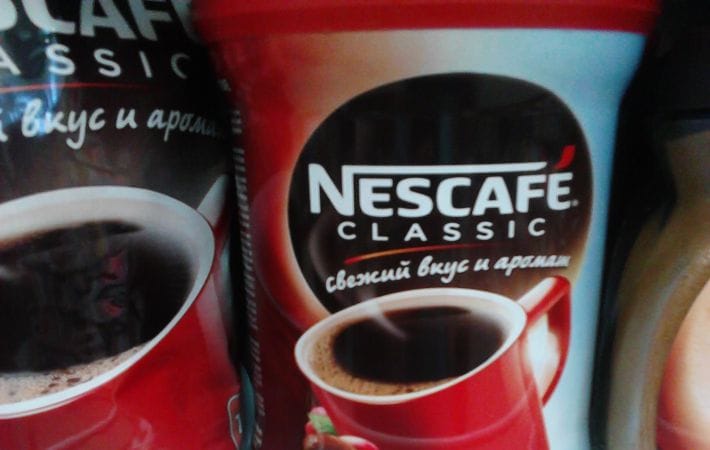Imagine spending years learning how to create masterpieces from water and grains, and now you're being asked to replace them with powder from a jar.
This is how many baristas perceive instant coffee - as the antithesis of their craft.
Renowned roaster James Hoffmann once quipped on the Coffee Sprudge podcast:

"Instant coffee is like a poster of the Mona Lisa: the same smile, but no soul."
But 34% of people choose it for quick breaks, according to a 2023 National Coffee Association study. So why do coffee shop professionals wince at the word “Nescafé”? The answer lies in the conflict between the mass-market industry and the philosophy of coffee as art.
Historically, instant coffee was created for convenience: the military, tourists, office workers. But for the barista, whose job is to control the grind, water temperature, and extraction, it is “ghost coffee.”
In 2019, the journal Food Chemistry published an analysis: sublimation loses up to 60% of the volatile compounds responsible for aroma.
"You're drinking the shadow of the grain," world champion baristang player Simon Jady told The Guardian about the study.
For professionals who spend hours tweaking their equipment to bring out the bergamot or caramel notes in an espresso, the instant equivalent seems like a mockery of their expertise.
The cultural gap is also significant. In Italy, where espresso is part of the national identity, offering instant coffee to a guest is considered bad form.
Brazilian barista Ricardo Alvarez compared it to "canned air instead of an alpine breeze" on the blog Barista Hustle
However, in Japan and South Korea, premium instant coffee in sticks is a sign of technological advancement, which is controversial.
"It's like a robot violinist: technical, but without soul," tweeted user @EspressoAddict.
Baristas fear that the mass craze for “quick” solutions will devalue their skills. Chef Marco Pierre White summed it up bluntly on MasterClass : “Instant coffee is for those who are ready to trade an orgasm for a handshake.”
The economics of the issue also irritate professionals. Coffee shops' profits depend on the sale of freshly roasted beans, and a can of instant coffee replaces a month's supply.
A study by the Specialty Coffee Association found that it replaces a month's supply.
A study by the Specialty Coffee Association showed that what's a cappuccino if you can mix the powder at home," complains a reviewer on the forum Coffee Forum UK barista from Manchester.
At the same time, instant coffee producers themselves, like Nestlé , are investing in “gourmet” lines that imitate the taste of specialty varieties, which professionals consider hypocritical.
"It's like wearing sneakers over a tutu," barista blogger Emily Farra quipped on Instagram.
But there are nuances. Some baristas, like Australian champion Hannah Terentau , are experimenting with instant coffee in cocktails to “democratize taste.”
In 2022, Forbes magazine described the trend for "soluble art" in Sydney micro-pods, where it is combined with local herbs.
“It’s a challenge: Can you turn a cheap ingredient into something sophisticated?” says Terento.
But such cases are the exception. Most experts, like San Francisco roaster George Howell , insist:
"Instant coffee is not the enemy, but it exists in a parallel universe. We are not competitors - we are different forms of art."
Should baristas be blamed for their snobbery? Perhaps. But their distaste is often a defense of a world where coffee is valued for its process, not its speed.
As an anonymous user on Reddit wrote:
"They hate instant coffee the same way a chef hates Doshirak. Not because it's bad, but because he dreams of feeding you something real."
Maybe that's the point: for a barista, every bean is a story, not just caffeine.
